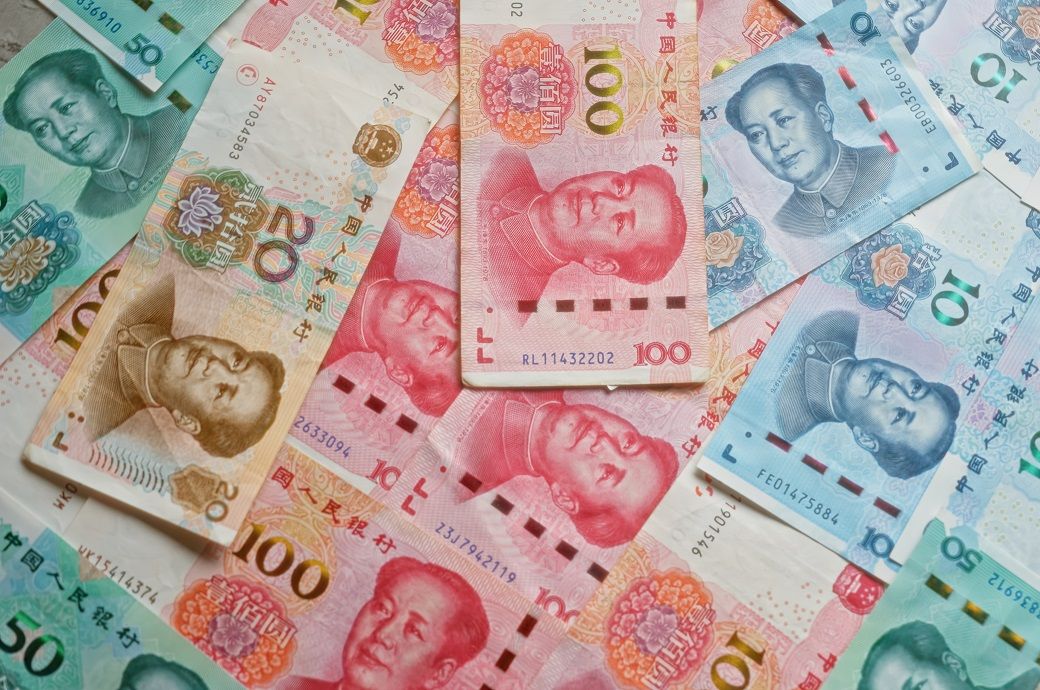
China’s fiscal revenue rose to over 13.58 trillion yuan (~$1.9 trillion), up 0.1 per cent year on year (YoY) in the first seven months of 2025, the Ministry of Finance said. This signals a cooling economy, reflecting weaker corporate profitability and sluggish consumer demand.
The central government collected over 5.85 trillion yuan in fiscal revenue in the January–July period, down 2 per cent YoY. This suggests challenges in corporate taxes and import duties.
Meanwhile, local governments collected over 7.73 trillion yuan in the same period, up 1.8 per cent YoY. These modest gains reflect property-related and consumption-linked taxes.
China’s fiscal expenditure expanded 3.4 per cent YoY to nearly 16.1 trillion yuan in the first seven months, highlighting Beijing’s reliance on fiscal spending to support growth amid soft external demand and property market stress.
The central government’s fiscal expenditure rose 8.8 per cent YoY during the period, while local government expenditure increased 2.5 per cent YoY, indicating greater central intervention, especially in infrastructure and social welfare, as local governments face high debt burdens and restricted financing capacity.
Overall, the mismatch between revenue growth and faster expenditure expansion underscores rising fiscal strain, which could widen the fiscal deficit and increase borrowing pressure in the second half of 2025. This also aligns with China’s broader strategy of using proactive fiscal policy to stabilise the economy amid weak private-sector momentum.
ALCHEMPro News Desk (RKS)
Receive daily prices and market insights straight to your inbox. Subscribe to AlchemPro Weekly!